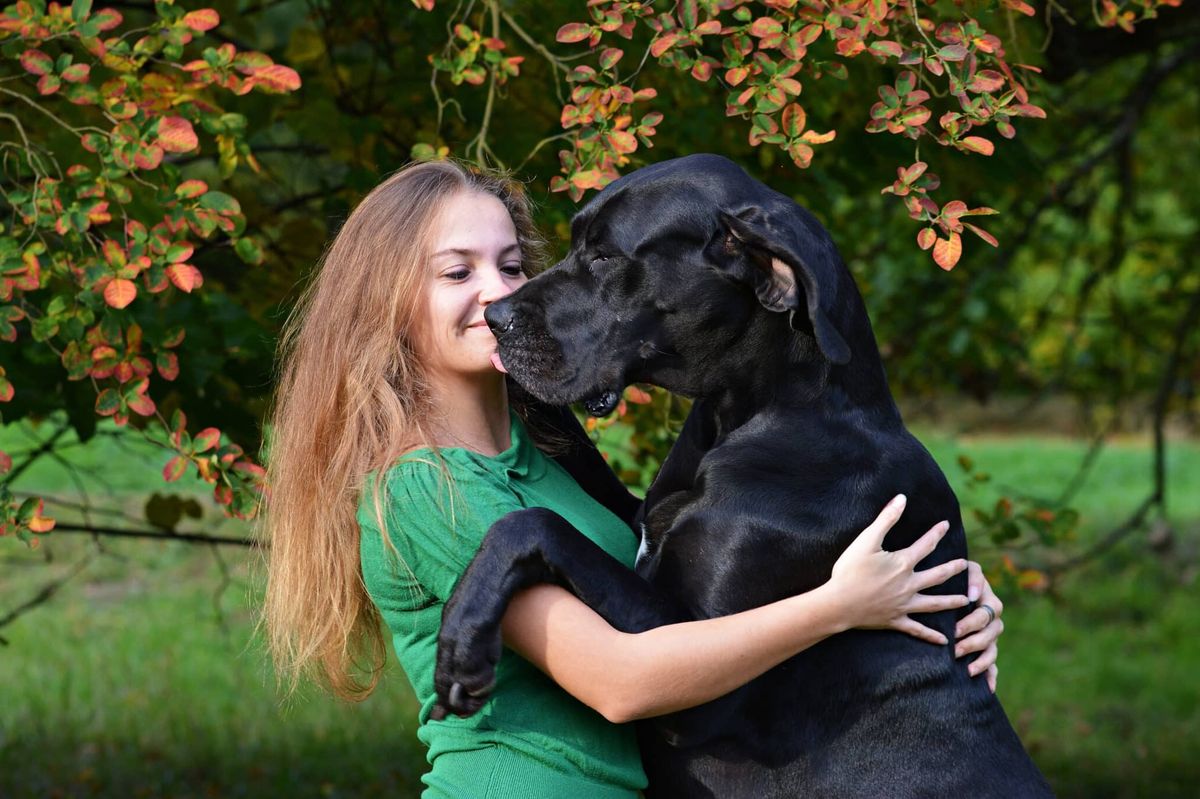
Are you curious about the gentle giants of the animal kingdom? Elephants, known for their massive size and intelligence, are surprisingly docile creatures. These majestic animals have captured human fascination for centuries. Did you know elephants can recognize themselves in mirrors? This self-awareness is rare in the animal world. They also have incredible memories, often remembering locations and individuals for decades. Elephants communicate through low-frequency sounds that travel miles. Their social structures are complex, with strong family bonds led by matriarchs. Despite their size, they show remarkable gentleness, especially towards their young. Ready to learn more about these amazing animals? Here are 20 fascinating facts about docile elephants that will leave you in awe.
Key Takeaways:
- Docile animals, like rabbits and guinea pigs, are gentle due to genetics, training, and domestication. They offer companionship, therapy, and ease of management in agriculture.
- Fun facts about docile animals: Cats purr for comfort, sheep recognize faces, guinea pigs "popcorn" when happy, rabbits do "binkies," and llamas are used as therapy animals.
What Makes an Animal Docile?
Docile animals are known for their calm and gentle nature. They are easy to handle, making them popular as pets and in various work roles. Here are some fascinating facts about these peaceful creatures.
-
Domestication: Domesticated animals like dogs, cats, and cows are typically more docile than their wild counterparts. This is due to selective breeding over generations.
-
Temperament: An animal's temperament can be influenced by genetics and environment. Docile animals often have a genetic predisposition to calm behavior.
-
Training: Proper training can enhance an animal's docility. Positive reinforcement techniques are particularly effective.
Examples of Docile Animals
Some animals are naturally more docile than others. Let's explore a few examples and what makes them so gentle.
-
Rabbits: Known for their gentle nature, rabbits make great pets. They are social animals that enjoy human interaction.
-
Guinea Pigs: These small rodents are friendly and easy to handle, making them ideal pets for children.
-
Sheep: Often used in agriculture, sheep are known for their calm demeanor. They are easy to herd and manage.
Benefits of Docile Animals
Docile animals offer numerous benefits, both as pets and in various industries. Here are some key advantages.
-
Companionship: Docile pets provide emotional support and companionship, reducing stress and loneliness.
-
Therapy Animals: Animals like dogs and horses are used in therapy due to their calm and gentle nature. They help people with mental health issues and disabilities.
-
Agriculture: In farming, docile animals are easier to manage, reducing the risk of injury to both the animals and the farmers.
Interesting Facts About Docile Animals
Beyond their calm nature, docile animals have some unique and intriguing characteristics. Here are a few you might not know.
-
Communication: Docile animals often have subtle ways of communicating. For example, rabbits thump their hind legs to signal danger.
-
Social Structures: Many docile animals, like sheep and guinea pigs, have complex social structures. They form strong bonds with each other.
-
Adaptability: Docile animals are often more adaptable to new environments and situations, making them easier to care for.
Docile Animals in History
Throughout history, docile animals have played significant roles in human society. Here are some historical facts.
-
Ancient Egypt: Cats were revered in ancient Egypt for their docile nature and ability to control pests.
-
Medieval Times: Horses were bred for their calm temperament to be used in battle and agriculture.
-
Native American Culture: Dogs were used by Native American tribes for hunting and companionship due to their loyal and gentle nature.
Fun Facts About Docile Animals
Let's end with some fun and quirky facts about these gentle creatures.
-
Purring Cats: Cats purr not only when they are happy but also to comfort themselves when they are stressed or in pain.
-
Sheep Recognition: Sheep can recognize up to 50 different faces, both human and sheep, and remember them for years.
-
Guinea Pig Popcorning: When happy, guinea pigs perform a behavior called "popcorning," where they jump up and down excitedly.
-
Rabbit Binkies: Rabbits express joy by doing a "binky," a jump with a twist in mid-air.
-
Therapy Llamas: Llamas are used as therapy animals due to their calm and gentle nature, helping people with emotional and psychological issues.
Final Thoughts on Docile Animals
Docile animals bring a sense of peace and companionship to our lives. Whether it's the gentle nature of a rabbit, the calm demeanor of a cow, or the friendly disposition of a dog, these creatures have a unique way of connecting with us. They teach patience, empathy, and the joy of simple moments. Understanding their behaviors and needs helps us create a harmonious environment for them and ourselves. Remember, every animal has its own personality and quirks, making each interaction special. By appreciating their gentle nature, we can foster a deeper bond and a more compassionate world. So next time you encounter a docile animal, take a moment to appreciate the calm and kindness they bring. It’s a small reminder of the beauty and tranquility that exists in the animal kingdom.
Frequently Asked Questions
Was this page helpful?
Our commitment to delivering trustworthy and engaging content is at the heart of what we do. Each fact on our site is contributed by real users like you, bringing a wealth of diverse insights and information. To ensure the highest standards of accuracy and reliability, our dedicated editors meticulously review each submission. This process guarantees that the facts we share are not only fascinating but also credible. Trust in our commitment to quality and authenticity as you explore and learn with us.
